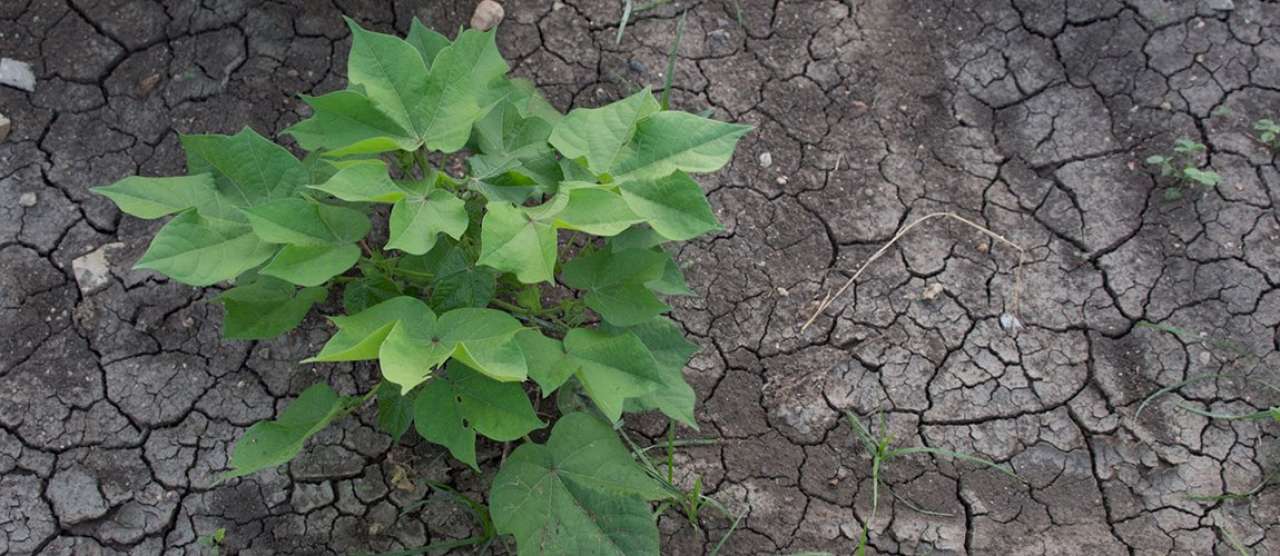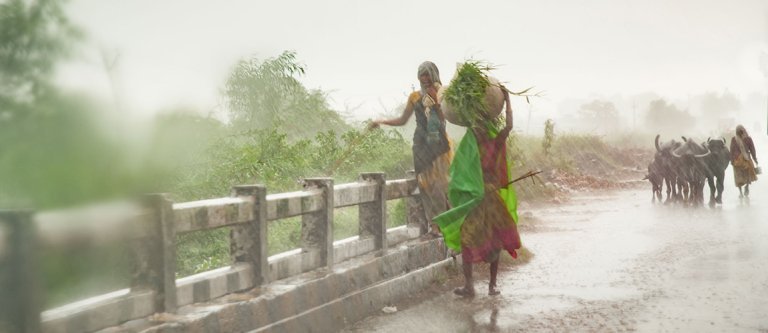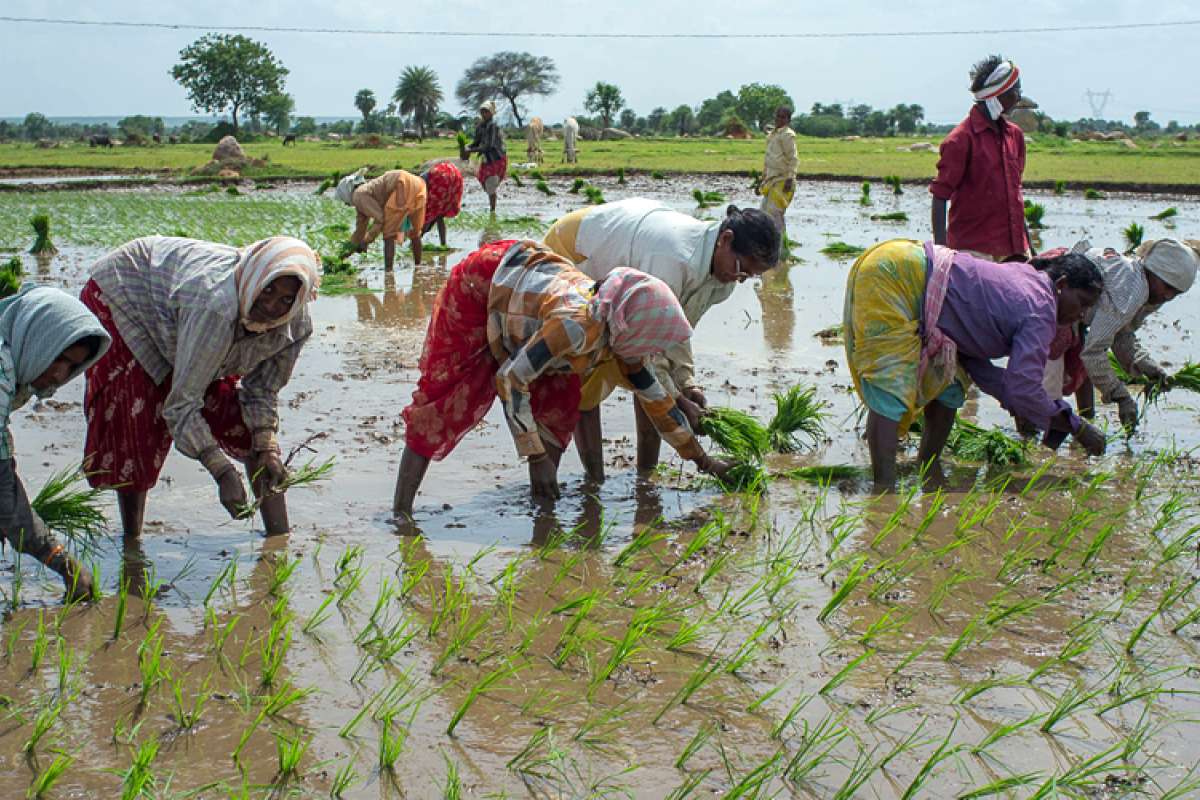New book showcasing studies on climate adaptation in agriculture from around the world

Foto: Ragnar Våga Pedersen.
A new, leading-edge book is demonstrating how resilient food systems are developed using Climate Smart Agriculture, agroecology and conservation agriculture to address climate change in different regions of the world.
Climate Change and Agricultural Development, edited by Udaya Sekhar Nagothu, Research Professor and Director for International Department at NIBIO (the Norwegian Institute of Bioeconomy Research), synthesizes practical on-the ground studies of practices and innovation in agriculture from around the world.
It covers a broad spectrum, including Climate Smart Agriculture (CSA), agroecology and conservation agriculture from less developed countries in Africa and Asia, and highlights how crucial it is to adapt to climate change through innovative and sustainable farming approaches.
Perspectives on Climate Smart Agriculture
Two of the greatest current global challenges are climate change and food security. Feeding nine billion people by 2050 will require major efforts aimed at climate change adaptation and mitigation. One approach to agriculture has recently been captured by the widely adopted term of "Climate Smart Agriculture" (CSA).
CSA is however not a completely new science. A number of its recommended technologies have been used for some time by local farmers all over the world. What is relevant and new is ‘the approach’ to exploit their adaptation and mitigation potential. However, a major limitation is the lack of evidence-based knowledge that is necessary for policy makers to prepare strategies for adaptation and mitigation.
In this peer-reviewed book, professor Nagothu has assembled knowledge of CSA, agroecology and conservation agriculture, the ongoing debate between the different schools, and perspectives from different regions of the world, to build resilient food systems.
A global perspective
The first part of the book analyses the concept, opportunities and challenges facing climate change and agriculture, and provides a global perspective supported by cases from China, India and the Sub-Saharan Africa.
The second part of the book showcases results from various studies linked to soil, water, crop and pest management measures from the successful NIBIO-coordinated ClimaAdapt program, which is currently ongoing in India.
The third section assesses the needs for an enabling policy environment, capacity building, and mainstreaming gender for up-scaling and/or out-scaling innovations.
“The book has gathered a selection of cases that demonstrates the use of diverse approaches to agriculture and climate adaption. It also looks at the current debate in relation to these challenges and the different scientific opinions and ideologies,” professor Nagothu explains.
Drawing on the experience from scientists from a variety of disciplines and regions of the world within in one peer-reviewed book, is an effective approach to showcase evidence based technologies and their relevance to support smallholder-friendly and sustainable agriculture systems to address the global climate challenges.
In total, more than 30 scientists from a range of institutes and disciplines have contributed to the book, including international organisations such as IWMI, CIMMYT, Cornell University, University of Maryland, CAAS, and ILRI-BecA.
Udaya Sekhar Nagothu is a Research Professor and Director (International Deaprtment) at NIBIO (Norsk institutt for biookonomi /Norwegian Institute of Bioeconomy Research), As, Norway. He is also the editor of Food Security and Development: Country Case Studies (Routledge, 2014).

KONTAKTPERSON

KONTAKTPERSON

Tekst frå www.nibio.no kan brukast med tilvising til opphavskjelda. Bilete på www.nibio.no kan ikkje brukast utan samtykke frå kommunikasjonseininga. NIBIO har ikkje ansvar for innhald på eksterne nettstader som det er lenka til.

